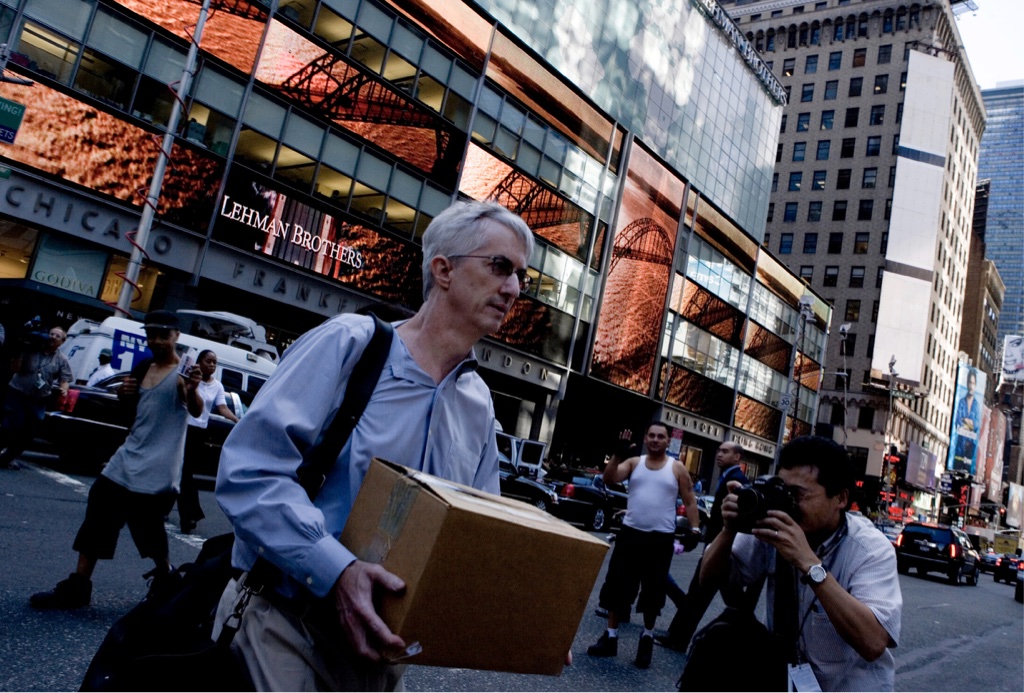A quick look at the trajectories of people’s trust in business and government since the early years of the Edelman Trust Barometer would tell a fairly simple story, you might think. Among the informed public, trust in the two institutions mostly rose in parallel over the years, resulting in double-digit increases by 2020. Business has been more trusted than government every year since 2007.
But a closer look reveals that the relationship between trust in government and business is much more nuanced and more interesting than a simple growth chart. It is a multidimensional story, one of the most important of the past 20 years for helping us understand why and how the current imbalance of trust is effectively destabilizing society.
One of the major turning points for government trust occurred in 2012 after a series of global events left people’s confidence in government weakened. In that year’s report, Richard Edelman noted: The 2012 Edelman Trust Barometer sees an unprecedented 13-point global decline in trust in government among the informed public. In 12 countries, it trails business, media, and nongovernmental organizations as the least trusted institution. This has pushed more countries into the distruster category. Political brinksmanship on the debt ceiling in the United States, dysfunction on bailouts in the European Union, corruption in Brazil and India, and a natural disaster in Japan accompanied this downward trend.
Every year since, there have been double-digit gaps between business and government. Government trust has continued to rise, but it has not been able to catch up with business trust in much of the world. Sizable gaps between government and business trust can now be found in the old-guard democracies of North America and Western Europe, and the gaps are even more pronounced in Latin America, where Trust Barometer respondents do not trust government but trust business more. In contrast, in both developed and developing Asia, there is almost no government-business trust gap at all.


